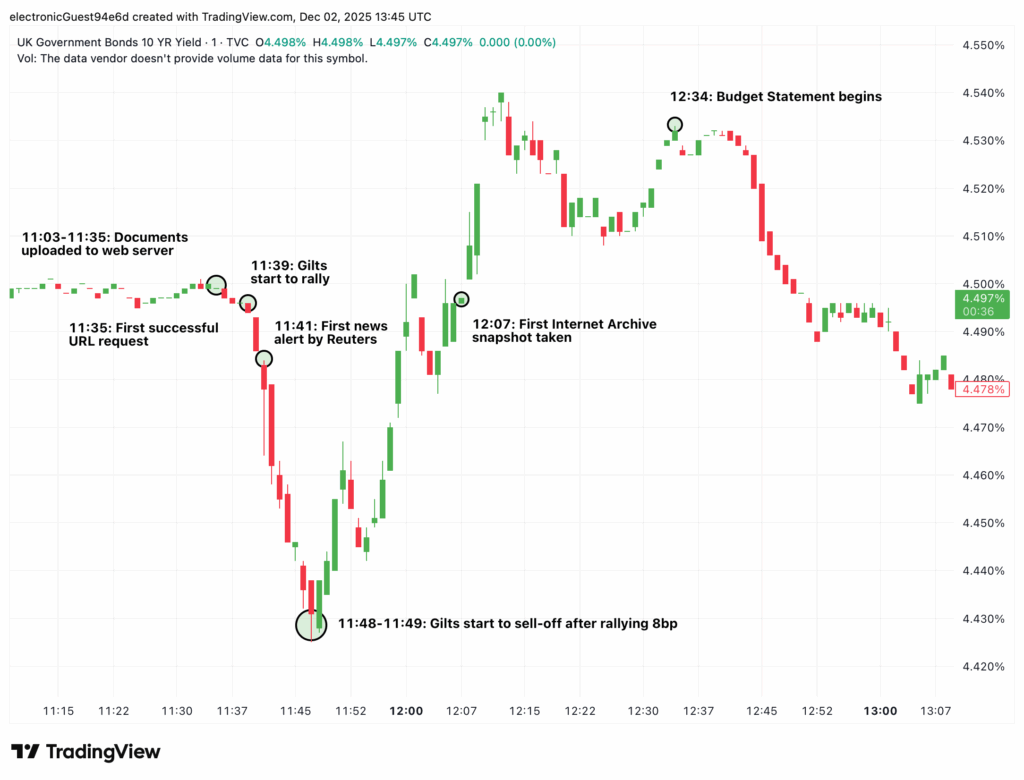“The only reason for time is so that everything doesn't happen at once.”
— Albert Einstein
Speevr Intelligence
The Speevr Intelligence daily updates provide in-depth alternative perspectives on key themes and narratives driving financial markets. Our unique collection brings Speevr's exclusive content together with partners' research and analysis.






